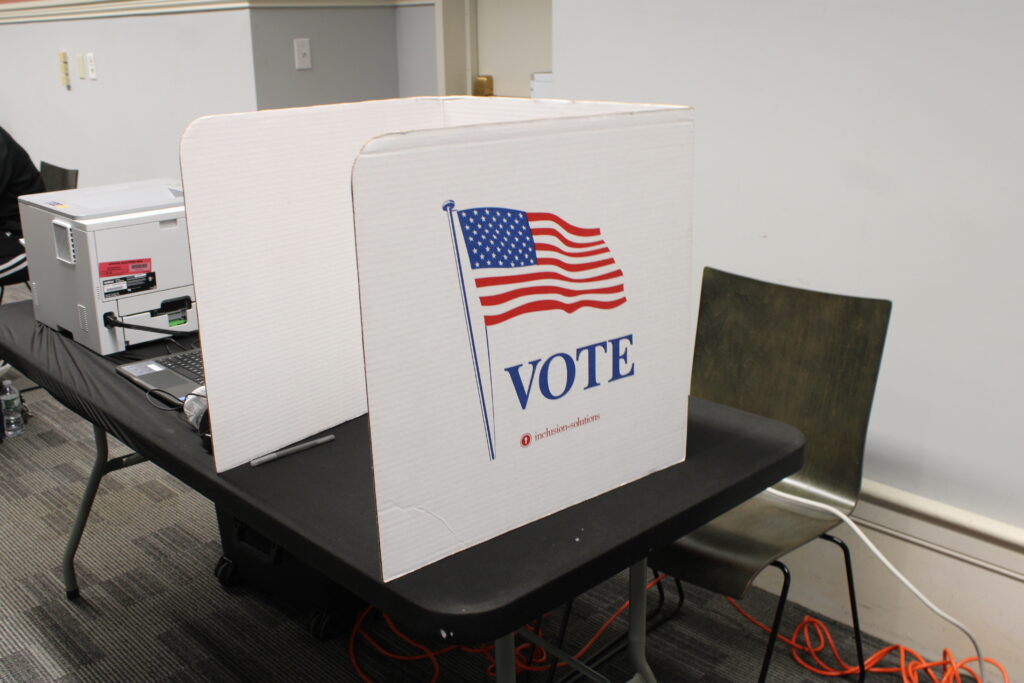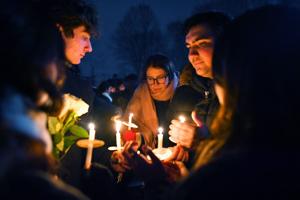UPDATE: As New Haven prepares for its municipal elections, voter engagement remains alarmingly low, with only seven out of 30 alder seats contested. Current mayor Justin Elicker faces off against Republican challenger Steve Orosco, but experts predict no major surprises in the vote slated for November.
Authorities report that as of Thursday afternoon, 928 residents have already cast their ballots, marking the first opportunity for early voting in the city’s history. However, the overall mood is subdued. “It’s pretty low-key,” stated political scientist Douglas Rae, highlighting a trend of predictability in New Haven’s electoral landscape.
Voter turnout is critical, yet it has consistently declined in recent municipal elections, with only 24.5% of eligible voters participating in the 2023 elections, down from 30% in 2019. New Haven’s current active voter count has surged to 61,764, the highest in a decade, yet the lack of competitive races is discouraging participation.
Patricia Rossi, president of the New Haven League of Women Voters, emphasizes that low turnout stems from a lack of perceived competition. “The big reason why the turnout is so low is because none of the races are considered particularly competitive,” she explained. This sentiment reflects a broader trend across Connecticut, where cities like Bridgeport and Hartford have reported even lower turnout rates.
The stakes of the election are profound, affecting essential local issues like public safety, housing, and educational management. “People don’t understand what’s at stake in municipal elections,” Rossi warned, pointing out that local governance directly influences the quality of life for residents.
Despite the quiet nature of this election cycle, underlying issues such as gentrification and rising property taxes remain hot topics. Rae noted that discussions around zoning regulations and urban development are ongoing, yet lack the urgency they deserve.
Moreover, the shadow of former President Donald Trump looms over Elicker’s campaign strategy. Elicker has positioned himself as a counter to Trump’s values, raising questions about how national politics may indirectly influence local electoral dynamics.
As the election approaches, the call for civic engagement grows louder. There is a palpable concern among community leaders that the current political apathy could jeopardize the future of New Haven’s vibrant neighborhoods. “There is grave concern that those things that we love and appreciate are at risk,” Radcliffe stated.
With the election just weeks away, all eyes will be on New Haven to see if voter turnout can defy the trends of the past, as residents are urged to recognize their power and participate in shaping their community. Will New Haveners heed the call and head to the polls, or will the quiet continue to dominate this vital election cycle?
Stay tuned for further updates as we approach the election date. Join our newsletter for the latest news on New Haven!






